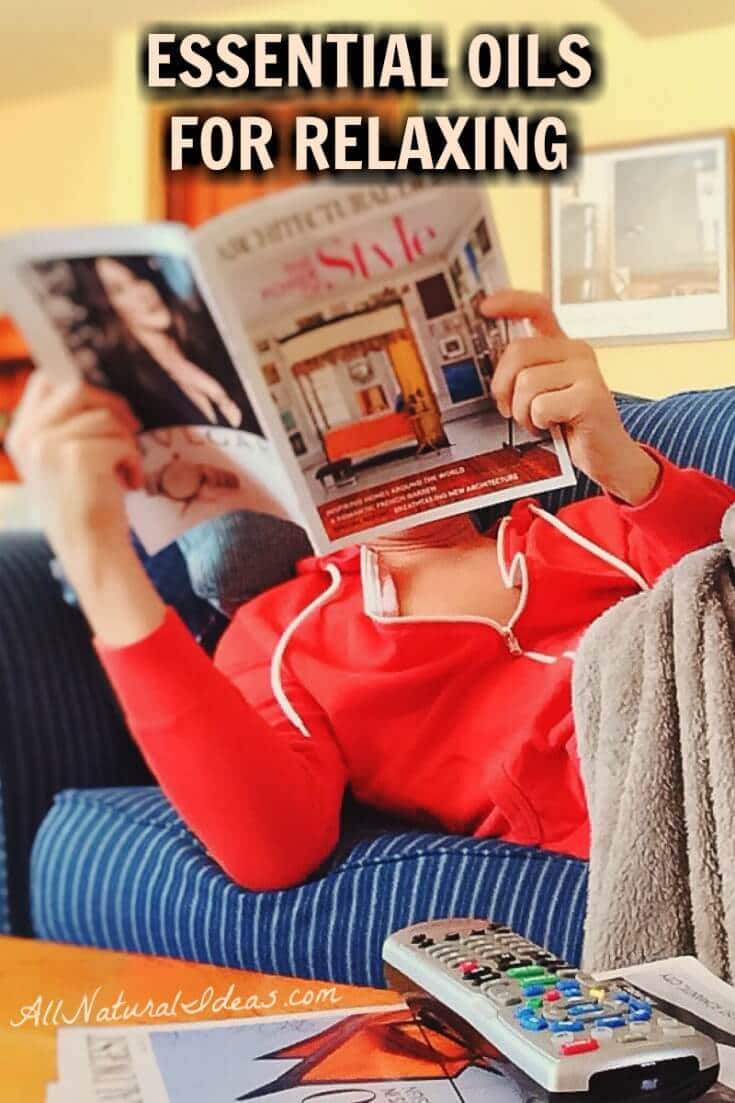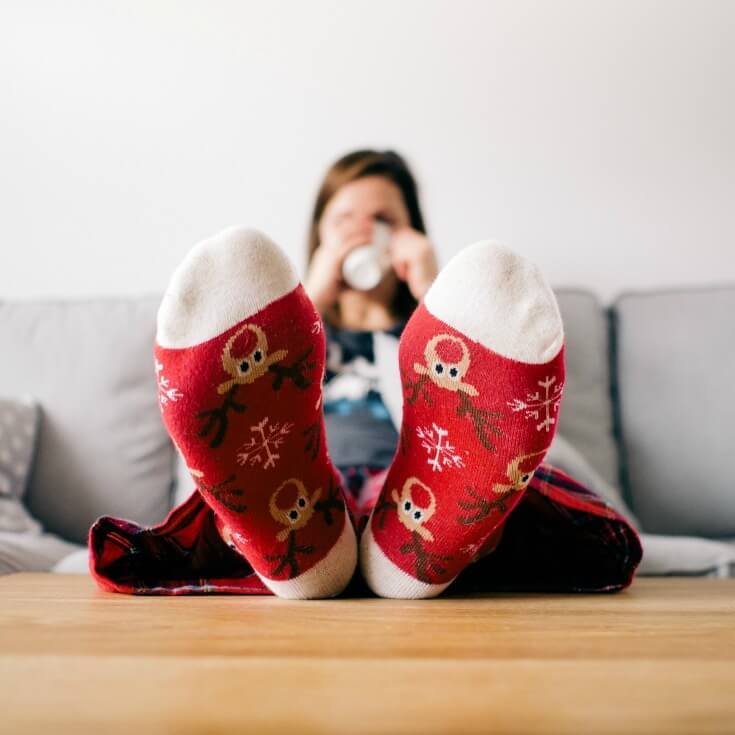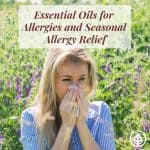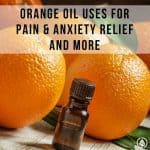Many essential oils have a calming effect. They can be used when anxious or stress out. What are the best essential oils for relaxation?

Got stress or anxiety? Need to relax? Ditch the chemical based pills and take a whiff of essential oil. You can use many essential oils for relaxation. Ylang ylang is a popular oil to help you relax.
A 2013 study published in the British Medical Journal concluded long-term use of certain anxiety and sleep aid medications is harmful. Drugs such as benzodiazepines may increase the risk of dementia by up to 51%.
With statistics like these, it’s no wonder more and more people are turning to natural methods. Essential oils are quickly becoming the product of choice to help people relax, reduce anxiety and ease stress.
In fact, market data firm, Grand View Research, predicts global sales of essential oils to exceed $11 billion by 2022. If you haven’t tried these amazing oils, they are certainly worth checking outm.
Sure, binge-watching your favorite Netflix series may seem relaxing. But, sitting down in a meditative position or lying down in a calm, peaceful, quiet room with no electronic distractions, can be quite relaxing. This is especially true if you add in certain essential oils from a diffuser. It’s one of the most therapeutic ways to relax!
Which begs the question … what are the best essential oils for relaxation?
Lavender
Nearly everyone who uses essential oils has lavender on hand for relaxation. It’s important to use the correct species of lavender. There are 39 known types of plants in the mint family genus known as “lavandula”. The one you want to use for relaxation is “L. angustifolia” as opposed to Lavandula intermedia, which can have stimulating effects, according to the American College of Healthcare Sciences. They suggest you check that the Latin name reads “Lavandula angustifolia” when using lavender essential oil for relaxing therapeutic purposes.
Several studies show that lavender has a relaxing effect on the nervous system.
According to this analysis of aromatherapy by the University of Maryland, lavender stimulates the activity in the brain similar to the way some sedative medications work. A small study published in the Journal of the Medical Association of Thailand used lavender oil on participants. The electrical brain activity was recorded using an electroencephalogram (EEG) machine with 31 electrodes on the scalp. Results from the study revealed that lavender oil caused significant decreases of blood pressure, heart rate, and skin temperature. These findings indicate a decrease of sympathetic nervous system arousal (flight or fight).
Lavender is great for relaxing and winding down at the end of the day. Click here for more ways to use lavender.

Ylang Ylang
Don’t get anxious trying to pronounce this effective essential oil for relaxation. (Pretend the “Y” isn’t there.) Ylang Ylang (‘Cananga odorata’ is the latin name) is another essential oil to have on hand for use with a home diffuser. A study in the International Journal of Neuroscience reviewed the results of 144 volunteers randomly administered ylang-ylang, peppermint, or no aroma control. The analysis of the data revealed peppermint was found to enhance memory whereas ylang-ylang impaired it. Peppermint increased alertness and ylang-ylang decreased it. Ylang Ylang also significantly increased calmness.
What is the takeaway from the study? Don’t use ylang ylang before a final exam or before a long road trip if you’re driving. But, do use ylang ylang to become more relaxed.
Rose and/or Orange
Why risk cultivating roses in your backyard when you can get nasty cuts from thorns? That’s not very relaxing. Instead, try using essential rose oil to help calm you down.
A study of university students published in the Complementary Therapies in Medicine concluded that stimulation by rose or orange oil induces physiological and psychological relaxation.
There’s also an added bonus for using rose oil. Not only can it help you relax, this study of rose oil found damask rose oil had protective effects against aluminum-induced neurotoxicity. A great reason to add rose oil to your collection!
Bergamot
Bergamot oil has been used to treat chronic pain, depression, stress, and anxiety. The primary aim of this study was to obtain evidence for bergamot’s efficacy on reducing anxiety and to understand the pharmacological processes. Cortisol, the stress hormone, was one physiological marker assessed in the study participants. Salivary cortisol levels, after treatment with bergamot essential oil was significantly lower, compared to when the participants were only resting.
What’s the final conclusion of this essential oil for relaxation? Bergamot essential oil inhaled together with water vapor (in a diffuser) “exerts psychological and physiological effects in a relatively short time.”
Other essential oils for relaxation
Sandalwood, lemon, neroli, geranium, basil, roman chamomile, frankincense, vanilla, tangerine, patchouli, and geranium are other essential oils that may help you relax. You can combine a few of these essential oils to enhance the relaxation state.
If you currently take medication for anxiety or depression, do not stop taking it without first consulting with your doctor or naturopathic doctor. Essential oils should not be used as a substitute for severe mood disorder drugs. Certain essential oils should not be taken by pregnant or breastfeeding women. It’s best to consult with someone who has extensive knowledge about essential oils before self-administering.

Looking for more essential oils to try for relaxing? Check out:
Vetiver: For Pricey Perfume, Relaxing, and More





